How I've Survived 15 Years of Freelancing

My company, Red Robot Media, is 15 years old today 🎉
All of my freelance editing and writing work goes through Red Robot. I'm incredibly grateful to the 400+ clients who trusted us over the years. Some of our oldest clients still work with us today, which makes me very proud.
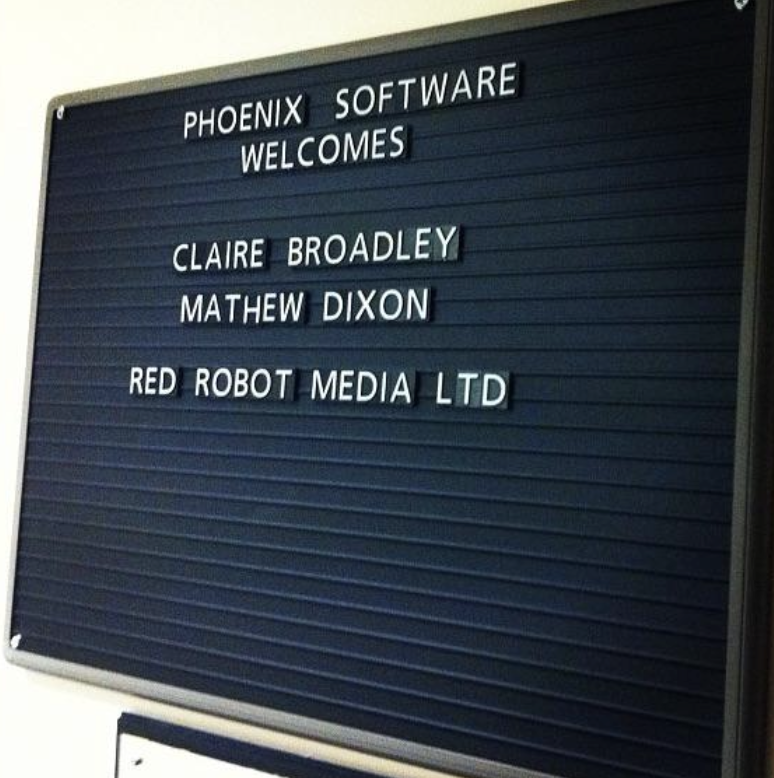
Being a freelancer (and company director) is not for the faint-hearted. It requires a complete mindset shift from a 9-5 job, but if you can make it work, you can't beat it.
This is almost everything I wish I'd known about freelancing on June 10th, 2010
- Build a network on LinkedIn. Connect with ex-colleagues, clients, and friends. You never know when you might need to brainstorm, learn, ask for a testimonial, or find out if anyone's hiring. (Start by connecting with me!)
- Collaborate with peers. Make connections with people who do the same thing. It's helpful, particularly when you're getting started. To help you out, I'm going to share my favorite Slack communities in the next couple of weeks.
- Work while the work is available. Are you ready to work 60+ hour weeks? Feast or famine is normal for freelancers, and there's often no middle ground.
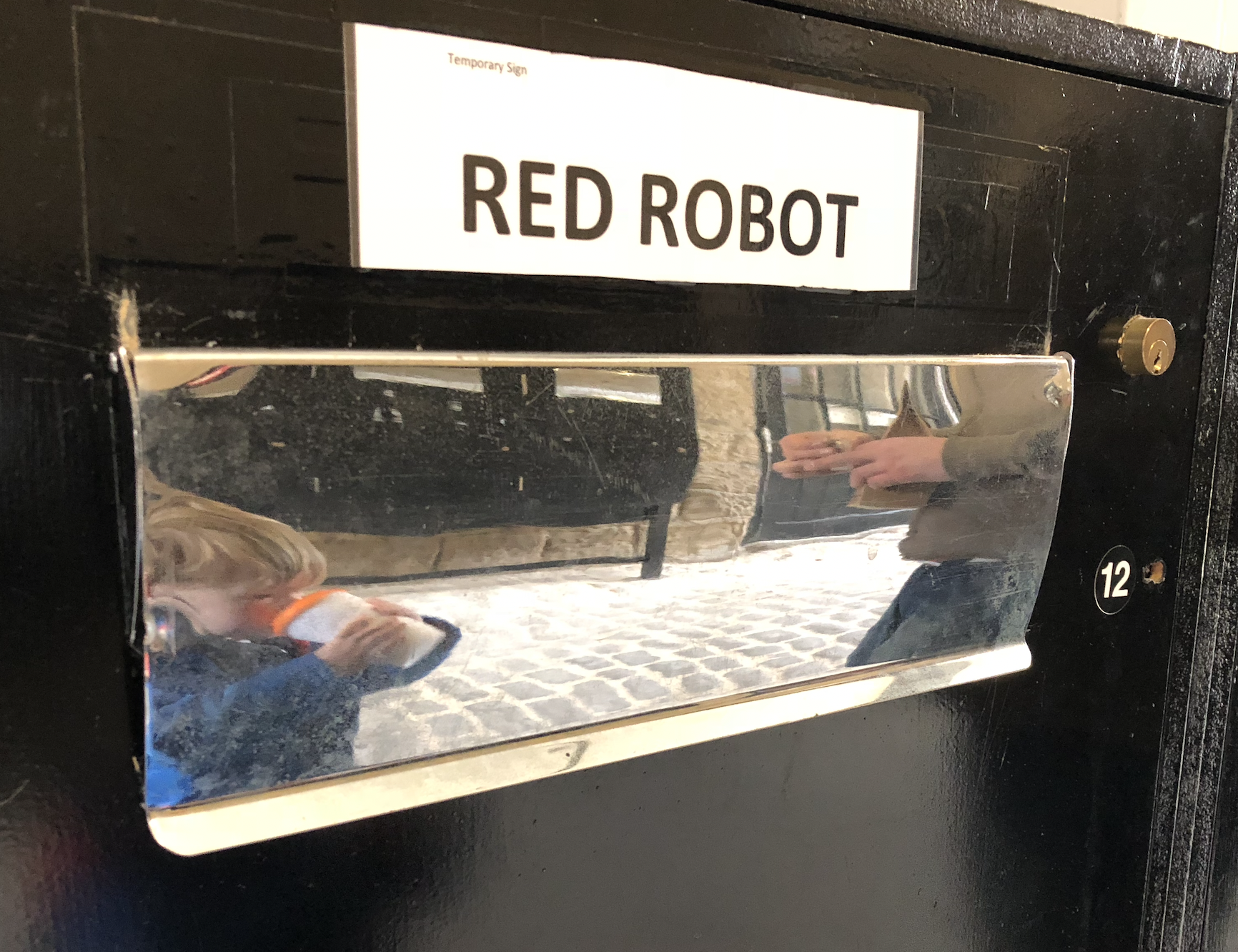
- Buy the best chair you can afford. (You'll need one for the 60+ hour weeks you'll be working.) Good quality, used office chairs are easy to find. Don't buy cheap chairs from Amazon!
- Increase your fees every year. It's normal to do this. Clients won't mind a rise as long as it's reasonable.
- Recognize burnout. It's not the same as exhaustion. Burnout sometimes leads to overwork, not collapse. It can feel like a treadmill that's getting faster and faster under your feet. Here's an article I wish I had read at the start.
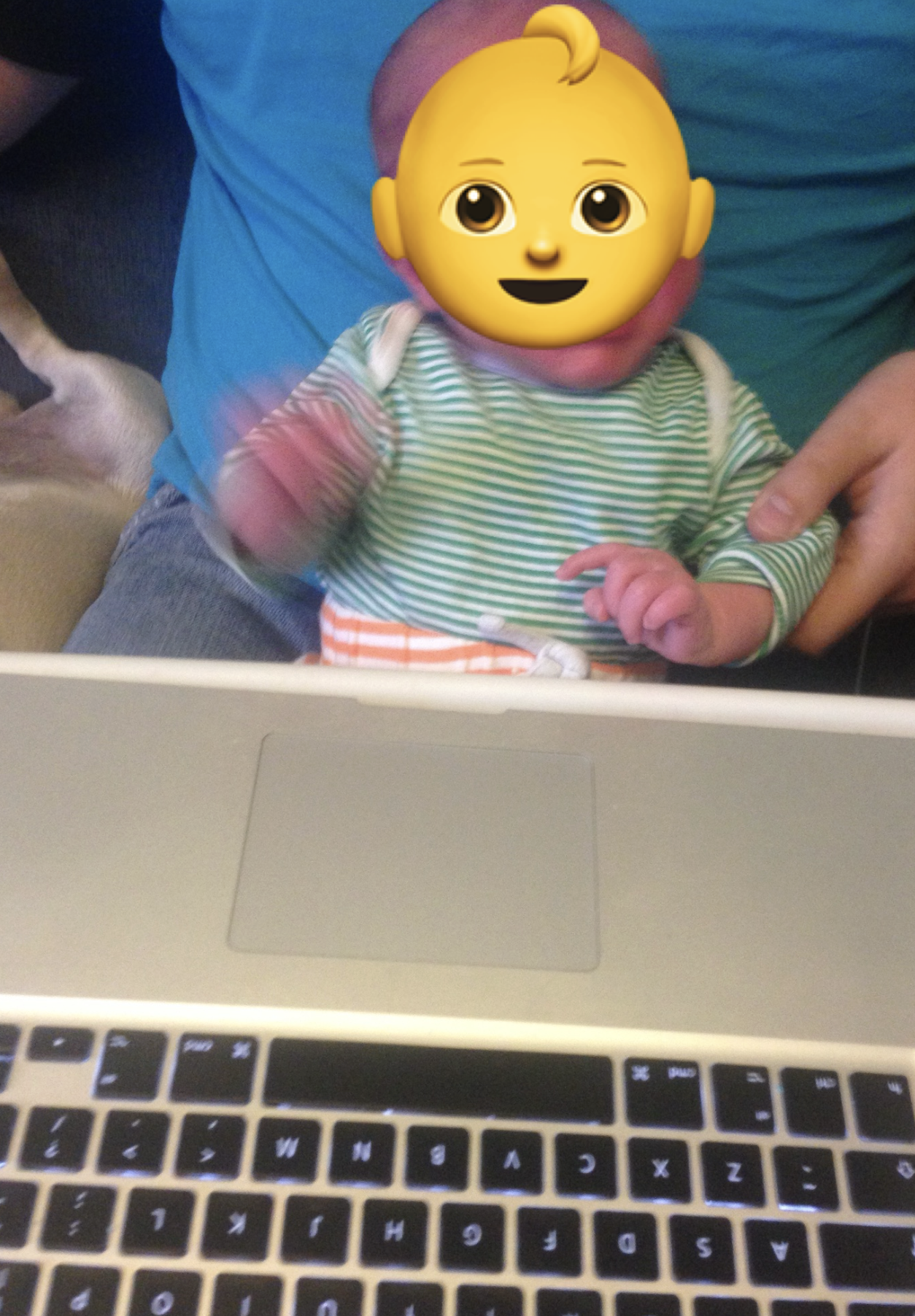
- Agree scope and write it down. Never-ending revisions and changes can push you into poverty. Factor them into your pricing or limit the number you'll do.
- Get an accountant. Ask around for recommendations. Make sure you're 100% happy with them. If you ask questions and don't understand the answers, move on and find someone else.
- NEVER sign a non-compete unless you're taking a juicy full-time retainer. Even then, I recommend you try to avoid non-compete agreements. Freelancers need to work with competing clients in the same niche. You can't afford to limit your opportunities. You can usually get the clause removed before signing up for a project (some clients don't even know it's there).
- Keep your word. 100% of my work comes from referrals and repeat business. I built a reputation for being punctual, efficient, and reliable. If you make your client's deadlines your deadlines, they'll use you next time. This is even more important now that you're up against fast, low-effort content.
- Be proactive about unpaid invoices. Clearly state your payment terms, follow through, be firm, and know your legal rights. If the worst happens, Safe Collections have been my client since 2018, and they've also recovered debts for me in the past. They handle payment issues professionally and politely. I'm not getting a kickback for saying so!
- Have a single point of contact for each client. If 12 people want to feed back on your work, that's fine, but one person should collate the feedback. Do not try to please all 12 of them simultaneously. It can't be done.
- Charge at least twice what you need to earn. You're only going to be paid when you're sitting down at your desk and actively working on a project. Even then, you'll pay subscriptions, training fees, and taxes before you see a penny. I love this post from Claire Owen-Jones at Loud and Clear Accounting, who explains:
If you are a new UK based freelancer looking at your rates, I don’t think you should charge under £30 per hour. And if anyone tells you otherwise, say an accountant told you.
If you are a new UK based freelancer looking at your rates, I don’t think… | Claire Owen-Jones | 67 comments
If you are a new UK based freelancer looking at your rates, I don’t think you should charge under £30 per hour. And if anyone tells you otherwise, say an accountant told you. Of course you can disagree. I’m not here to tell you what to do 😁 But let’s say you charge £30 and work full time (7.5 hours a day) That’s £1,125 per week. Maybe you’ll work 48 weeks a year if you want some annual leave. Giving you a total of £54,000. But the chances are, you won’t work 100% of the time as there’s admin and marketing to do. So let’s say that take a day a week (might be more like two but let’s be optimistic!) That reduces your annual turnover to £43,200 But you’ve got expenses now. Insurance, software, equipment etc. I’d expect a service based freelancer to make around the 60-90% profit margin, so let’s go for 80% That gives you a taxable profit of £34,560 That’s assuming you are never ill or need to have any unplanned time off. That’s assuming that you never have periods where you are out of work due to gaps between projects, losing clients and general delays. And that’s assuming that you don’t have any unexpected bills or bad debts. So yeah, £30 is the minimum in my opinion (but just my opinion). | 67 comments on LinkedIn
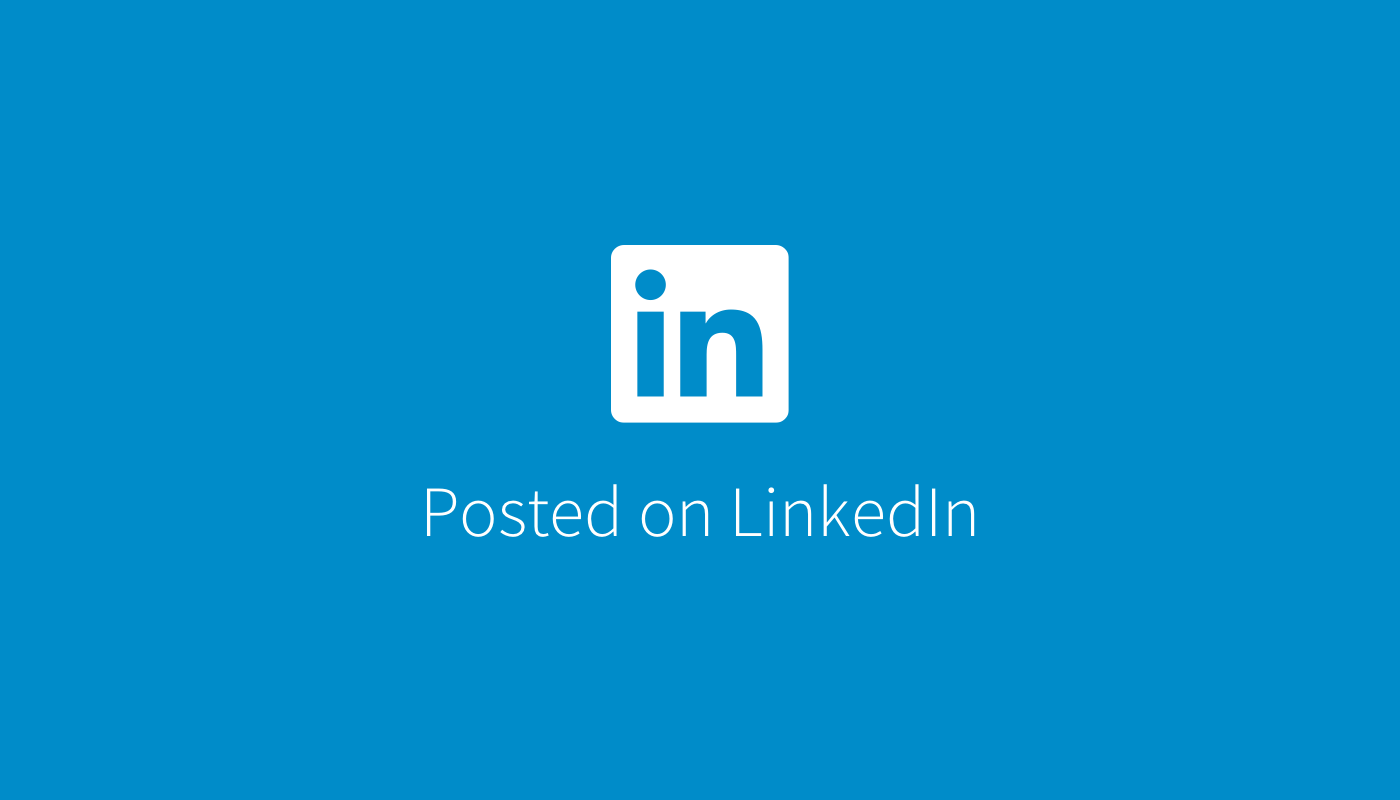
- Learn how to market yourself. You can talk about your achievements without being boastful. Share helpful tips where your prospective clients are likely to see them.
- Take care when working with people you know. Friendships and family relationships are fragile.
- Give yourself promotions. You're the boss. Push yourself to learn new things and change your title as you go.
- Be true to your values. Treat people with respect and expect the same in return. Don't put up with bad manners, inconsiderate demands, discrimination, or unpaid invoices. Of the 400+ people I worked with, only a few were arseholes, and I fired them as soon as that became apparent.
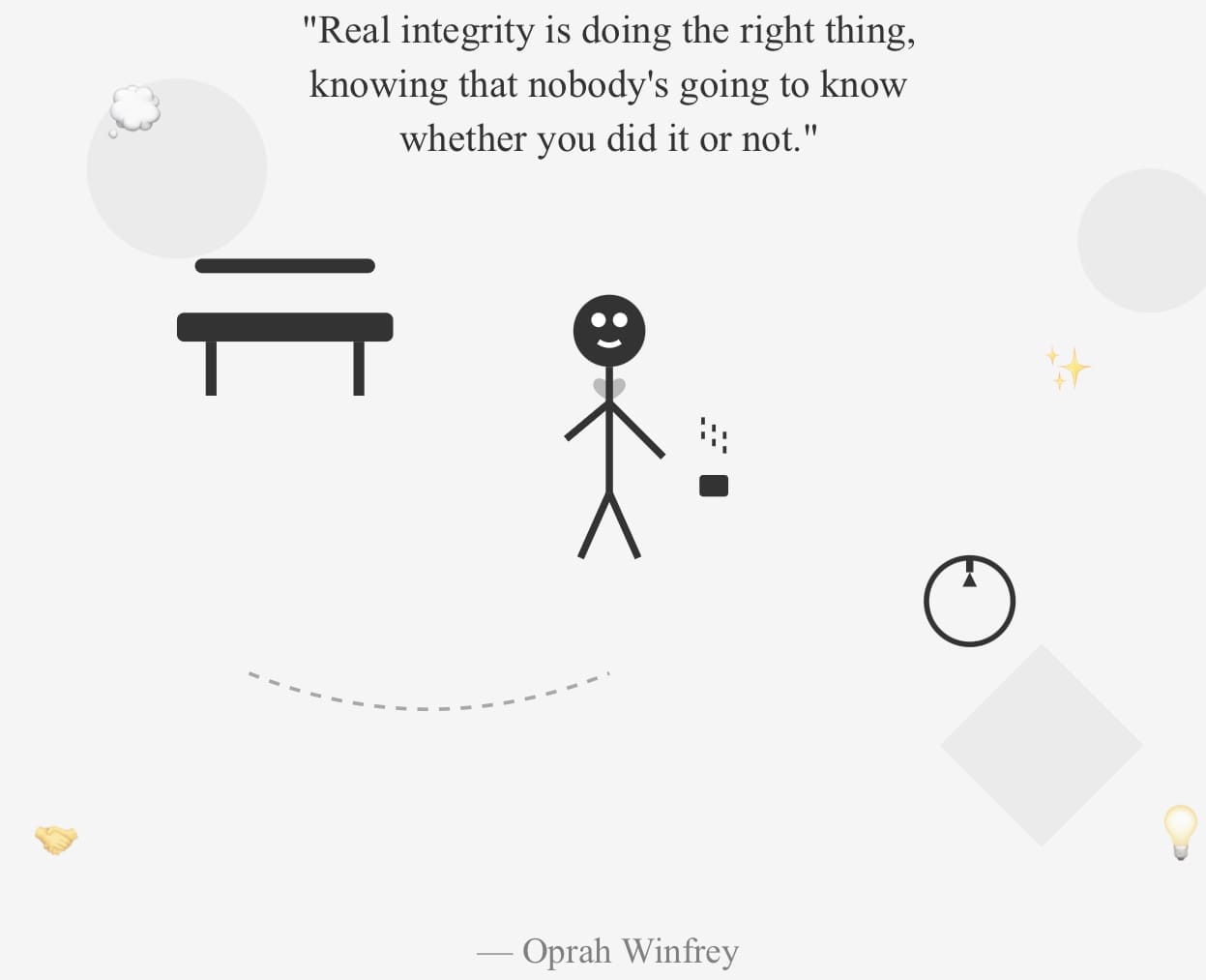
- Have more than one bank account. Business banks have so many unexpected charges and quirks. (We've settled on a current account, a credit card, and multi-currency accounts with Wise. All cheaper and safer than PayPal.)
- Don't expect to transition into full-time freelancing right away. The market for freelance writers is tougher now than it was when I started. You'll need to build up freelancing alongside steady income. If you subscribe, I'll try to help with that.


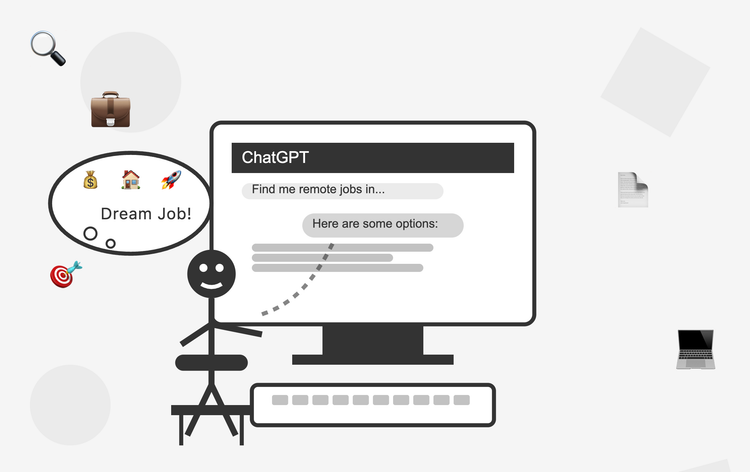

Comments ()